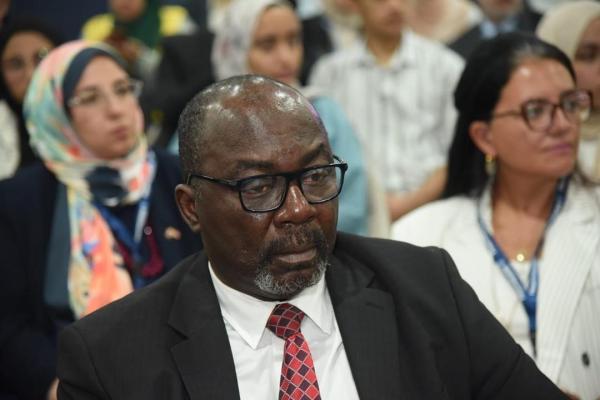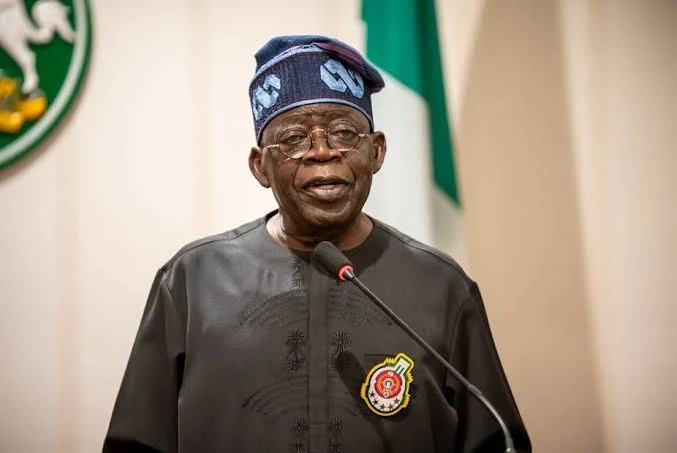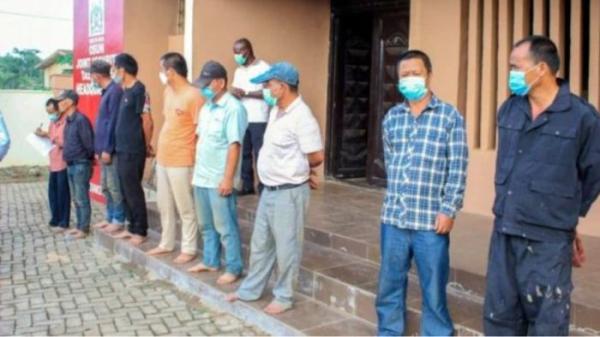
former Head of States and President
Troubled by the persistent problem of insecurity and signs of disunity in the country, the National Council of State (NCS) on Thursday, held an emergency meeting called by President Goodluck Jonathan to discuss how the bane of insecurity can be curtailed and how the bond of unity in the country can be strengthened.
Also of concern to the National Council of State is the controversial issue of indigeneship in various parts of the country.
The council resolved yesterday to join hands with President Jonathan to ensure that the terrorism is wiped out by the end of the year.
The council presided over by Jonathan had the vice-president, president of the Senate, Speaker of the House of Representatives, all former heads of state, all former chief justices of Nigeria and all state governors as members.
However, aside former President Olusegun Obasanjo and former Head of State, Maj-Gen. Muhammadu Buhari (rtd.), all other past leaders attended the meeting. The President of the Senate David Mark was also absent.
Briefing State House correspondents at the end of the meeting, Akwa Ibom State Governor, Godswill Akpabio said it was the most important council of state meeting held in the last five years.
“One of the most important things we took up at the meeting today was the issue of how Nigerians can be free to live and do their businesses without molestation.
“So the issue of indigeneship, the issue of deportation or return of Nigerians from any part of the country to their various states were discussed.
“Council viewed the report seriously that some citizens were being deported. Deportation should be from one country to the other but where you have a Nigerian who is being returned to his state of origin from other states, then you know there is a problem.
“We felt that was capable of disrupting the unity of the country, making Nigerians to become apprehensive and unsafe,” Akpabio said.
He further explained that the council frowned on the idea of registering Nigerians in various parts of the country and felt this must be brought to an end immediately.
Also condemned is the practice where there are discriminatory school fees for children in state-owned schools, wherein indigenes of a state pay lower fees than children who are not indigenes of the state where they live and school.
He said all these issues were looked at, as well as the role every leader should play from the local government level to the federal level.
“The role each one of us should play to ensure that we solidify the unity of this country.
“We also looked at these discriminatory practices across board from all parts of the country, north, south, west and the east and we felt all those issues must be brought to the front burner and solutions proffered to ensure that Nigerians are united, live freely and do their businesses without hindrance.
“Council in the course of conclusion decided to set up a committee to further discuss with Nigerians and identify discriminatory practices in all states of the federation and in all the local government areas and then this committee to submit report to council in the next two months, in order for us to know what steps to take to stop such practices.
“Whether we need to go to the National Assembly then we will go to National Assembly, whether we need to do so through policies at federal, state or local government levels just to make sure that the country is totally united and all those discriminatory practices are brought to an end so that Nigerians can truly feel free and safe to work in any part of the country without hindrance.
“The committee is composed of six governors, one from each of the geo-political zones of the country. We have the governor of Niger, Sokoto, Enugu, Gombe, Akwa Ibom and Ondo States in the committee.
“These governors are selected from each zone of the country to seat together, invite people to make contributions and then of course look at all practices in this country that we may term discriminatory.
“One of such was the idea of some people in some states complaining that they are unable to get Certificate of Occupancy (CofO) to build mosques or churches, and we said that will be looked into.
Akpabio expressed confidence that given the level of commitment of the stakeholders, the problems will be solved.
He said: “Those of us who were around will remember very well that it was how the civil war started. We saw the danger, we said there is really need for everybody to be sensitized on this. It looks very innocent now to say well, I have security concerns; I can register anybody who is not from here.
“But you don’t think that you have some people on the other side, how will you feel if they have the same concerns and decide to register everybody who is not from there?
“That is not the way the framers of the constitution envisaged that the constitution should be operated.
“That is why this meeting was held and I am very happy that there was a lot of commitment”
He added that the elder statesmen also made solid contributions on how best to tackle the current situation.
Akpabio also noted that security agencies were commended for what they have done and the federal government for setting up the victims’ support fund.





















